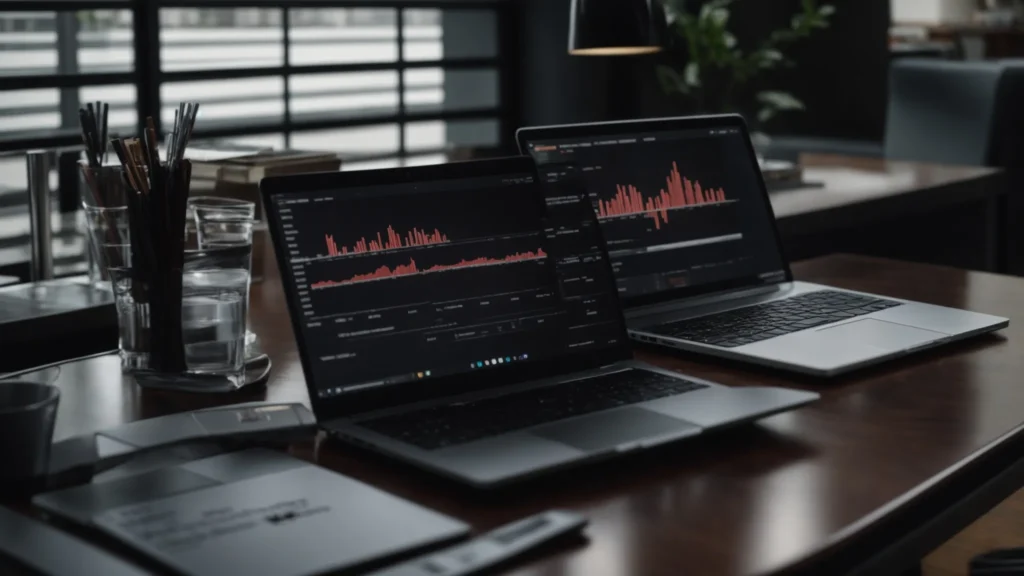Coronavirus has everyone on edge about their futures. Since the economy has been badly impacted, many have lost their jobs. Moreover, job security itself is no longer a sure thing, and people are finding it hard to make ends meet as the economy has been roiled by weekly revelations about the pandemic and its impact on a variety of businesses and industries.
If all of the latest current events have you wondering how to get your finances in order, you’re not alone. Thankfully, there are a few easy, concrete steps you can take to get your personal finances on the path to sustainability. If you need peace of mind amidst everything else going on, here are three financial decisions that’ll put your mind at ease.
Make an investment plan.
Even though the stock markets are taking their fair share of ups and downs, there’s never been a better time to take stock of your stock portfolio and create an investment plan. By creating an investment plan, you’ll have taken concrete steps in the present in order to set your future self up for success. Even with how much the market has been fluctuating, if you ride out the ups and downs for many years, you’ll be able to make the most of it.
Global investment manager Mark Wiseman calls this philosophy “taking the long view.” If you focus on long-term savings goals, it’s much easier to leave your money in the market and ride it out in order to maximize your returns. Wiseman explains that when taking a long view, all market fluctuations (including the crashes and dips in 2008 and beyond) eventually just appear like small blips on the market charts. As a result, investments consistently increase in value, helping you save for the nest egg you need to retire with enough money to lead a fruitful life.
Pay off your debts.
If you currently have consumer debt or even student loans, it’s crucial that you make a game plan for paying down your debts. There are dozens of ways that your debts can restrict your current financial options, but some of them are particularly detrimental to your financial health.
For example, by tying you up with minimum payments, you’re not going to be able to spend the money you earn each month as intentionally as you’d like since those dollars already have to go to cover past payments. Beyond that, your debt can lower your credit score, which in turn gives you worse interest rates on future purchases and ultimately makes you spend hundreds or thousands of dollars more every year in interest. As such, it’s crucial that you start paying more than your minimum each month and get your debt under control.
Know when it makes more sense to own vs. rent.
Another consideration that you may want to make in terms of your finances is figuring out whether or not your living situation makes the most sense. In some situations, particularly in higher cost of living cities, renting may be more affordable than homeownership. At the same time, there are certain places in the country where you can save money by owning a home. Ultimately, it’s important to figure out how much of your budget you’re spending on your housing and whether or not you can save money by finding a different living arrangement.
Thankfully, the internet makes it easier than ever to take a look at how much rent is in your area versus how much a mortgage would cost you. For example, using a few different online housing calculators, you can input a variety of factors about your zip code, interest rates, and current budget, and discover how much you might be able to save by relocating. Especially during a time when people are spending more time indoors, taking a Mortgage 101 course and thinking about how much you spend on housing is definitely worth it.











